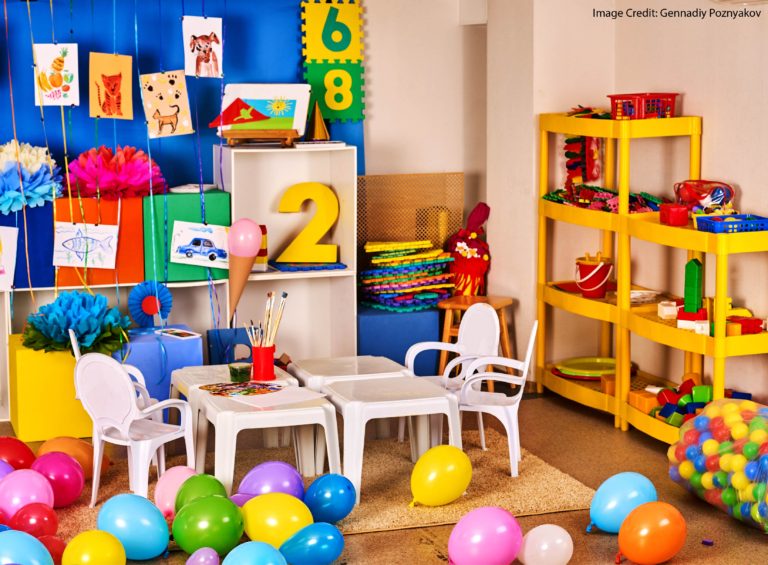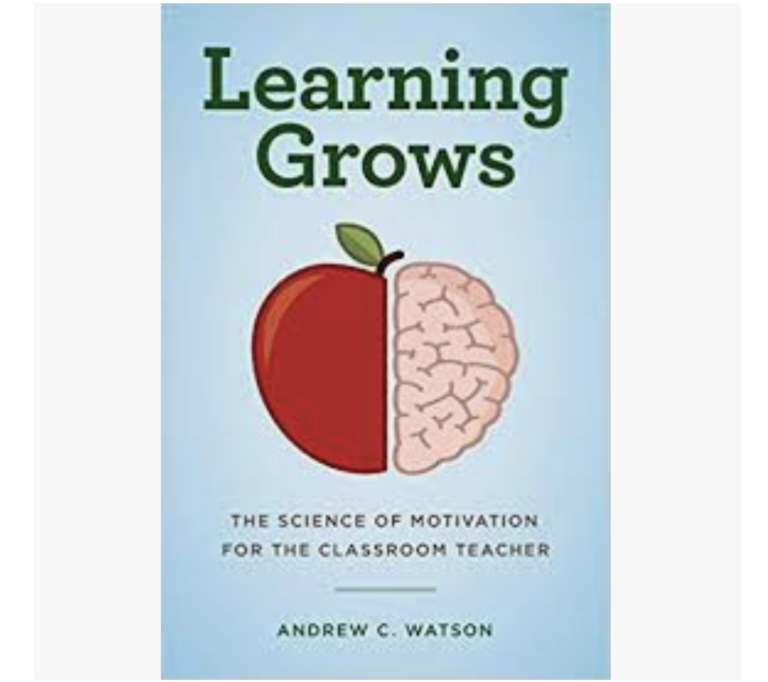Tags
ADHD adolescence attention book review boundary conditions classroom advice conference speakers constructivism/direct instruction creativity desirable difficulty development dual coding education elementary school embodied cognition emotion evolution executive function exercise experts and novices gender high school homework intelligence long-term memory math methodology middle school mindfulness Mindset motivation neuromyths neuroscience online learning parents psychology reading retrieval practice self-control skepticism sleep STEM stress technology working memoryRecent Comments
- Understanding Test Anxiety on Test Anxiety: How and When Does It Harm Students?
- A Skeptic Converted? The Benefits of Narrative |Education & Teacher Conferences on Help Me Understand: Narrative Is Better than Exposition
- Debate #4- Cell phones be banned from the classroom. | Aradhana's blog – ECI830 on Cell Phones in the Classroom: Expected (and Unexpected) Effects
- The Rare Slam Dunk? Blue Light Before Bed |Education & Teacher Conferences on “Writing By Hand Fosters Neural Connections…”
- Andrew Watson on “You Can Find Research that Proves Anything”
ABOUT THE BLOG
Monthly Archives: June 2019

Does Smartphone Addiction Boost Anxiety and Depression?
Despite all the scary headlines, research on cell-phone usage relies on self-report. And: people are very bad at remembering how much they actually use their phones. We simply don’t yet know much from research about their effects. Continue reading

Debunking Education Myths (Without Accidentally Reinforcing Them…)
Enduring education myths get in the way of student learning. Happily, we have concrete strategies to rebut those myths — without unintentionally making them seem more persuasive. Continue reading

Powerful Evidence: Self-Control Training Works — and Changes Brains
Both survey data and fMRI neuroimaging suggest that a program to help poor children develop self-control skills had real benefits over many years. Continue reading

Putting The Canary on a Better Book Shelf
A student’s “prior misconceptions” often interfere with new learning. To help them understand new material, we first need to identify the misconceptions that make it hard to understand in the first place. Continue reading

Decorating the Classroom: How Much Is Too Much?
Teachers decorate classrooms for many reasons — especially to make students feel at home. Recent research, however, suggests that too much decoration distracts students’ attention an interferes with their memory. When it comes to classroom decoration, there can indeed be too much of a good thing. Continue reading

Learning Grows: The Science of Motivation for the Classroom Teacher
Andrew C. Watson, the editor of Learning and the Brain Blog, long-time teacher at some…
Posted in Book Reviews
Leave a comment

Design Thinking: How Does It Work In The Classroom?
A careful study of design thinking finds modest successes — especially for students who have struggled in school. Continue reading

“But I Study Much Better With My Music On”
Yet another study shows that background music — especially music with lyrics — makes reading comprehension harder, not easier. We study best in silence. Continue reading

Overcoming Potential Perils of Online Learning
Typical at-home distractions can indeed interfere with online learning. Happily, researchers have suggestions on how best to mitigate these problems. Continue reading

“How You Got to Be So Smart”: The Evolution of...
Evolution of the Learning Brain: or How You Got to Be So Smart, by Paul Howard-Jones, offers an evolutionary history of learning itself. Both richly scientific and fun to read, it gives teachers a helpful, fresh perspective on our work in classrooms and schools. Continue reading
